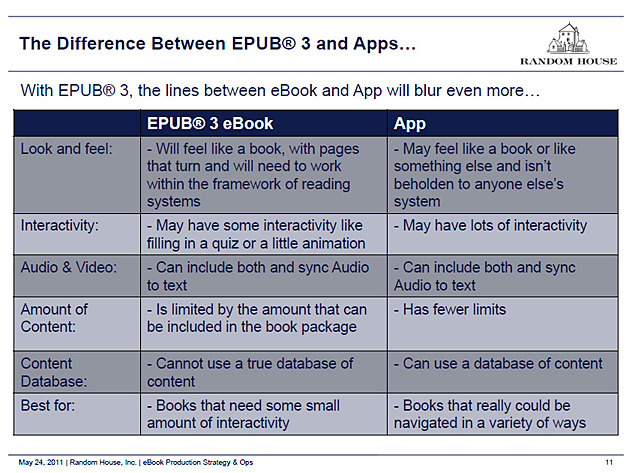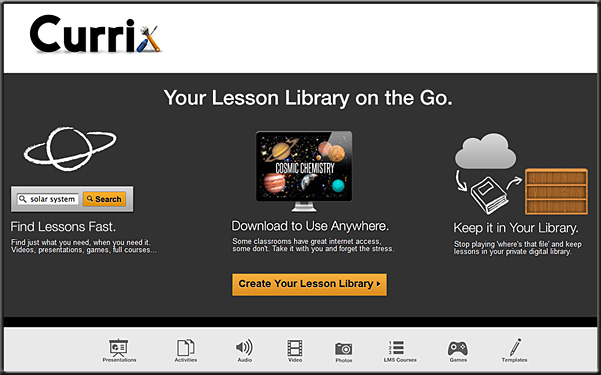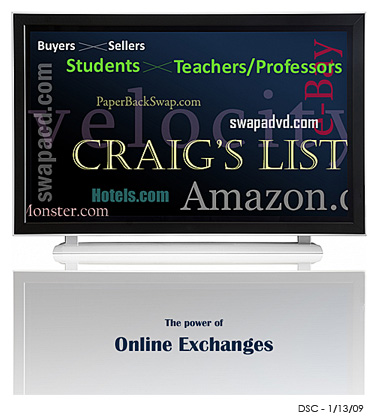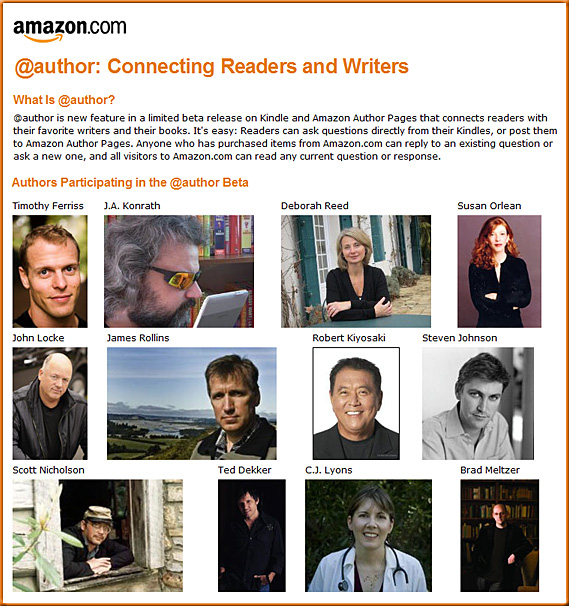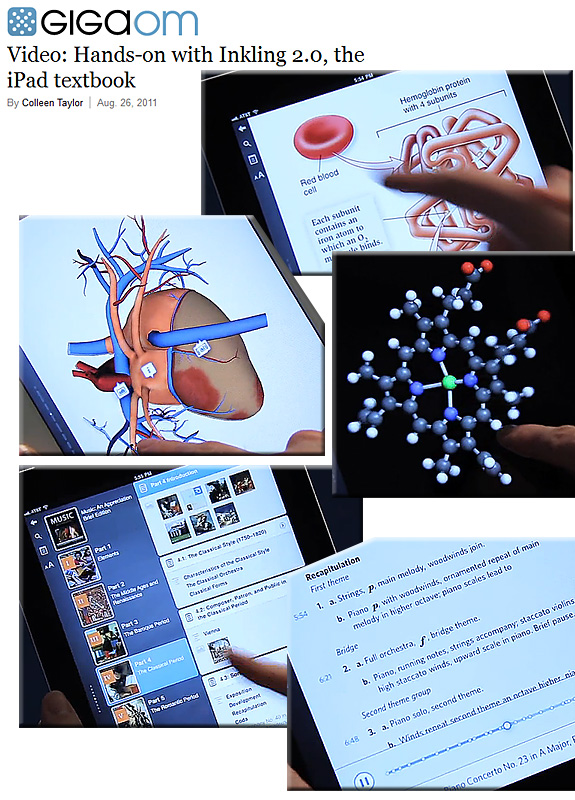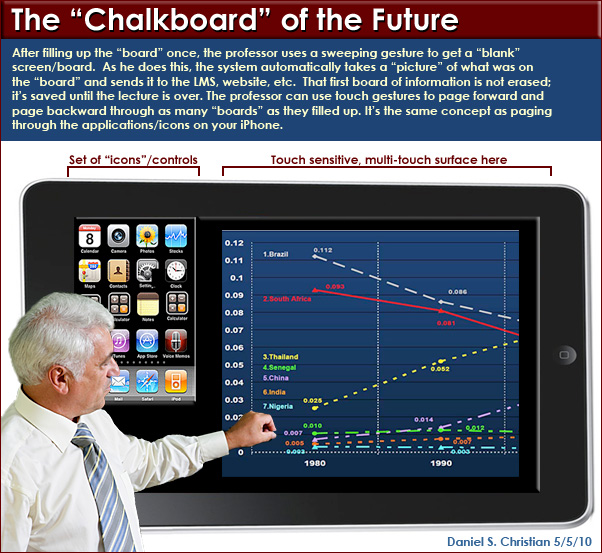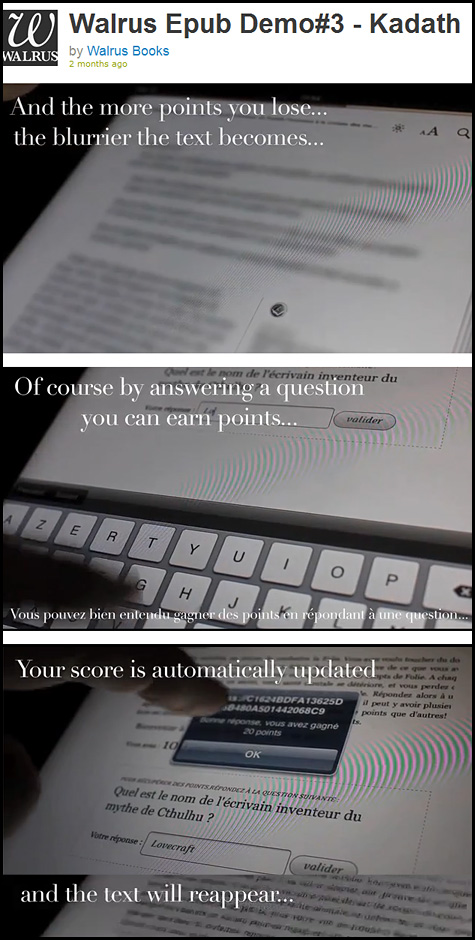When the dam breaks… — from learning with ‘e’s by Steve Wheeler
Excerpt:
Publication of research is one of the most important facets of academic life. I can’t stress enough how important it is for good research to be as widely and swiftly disseminated as possible. Without it, our practice is less likely to be informed, and more prone to repeated errors. As a researcher myself, I take this challenge very seriously. Along with other educational researchers, I attempt to identify key issues for investigation and then spend considerable time and energy examining as much of the terrain that surrounds my research question as I can. Once I have analysed the data, I am usually able to arrive at some conclusions and write some form of report, which is likely to include a set of recommendations that I hope will benefit my community of practice. Such findings should be published widely to inform the entire community. This is the way it should be. And yet often, sadly, it just doesn’t happen.
From DSC:
Steve, I was unsuccessful in leaving a comment on your posting here…but I celebrate your walking the talk on this and for pushing the envelop on the proliferation of open access journals. And thanks for making some recommendations in your reports — for taking some stances. I was greatly disappointed in my ID Master’s Program to find how few scholarly articles took any sort of stand and asserted much of anything to move their communities of practice forward.










